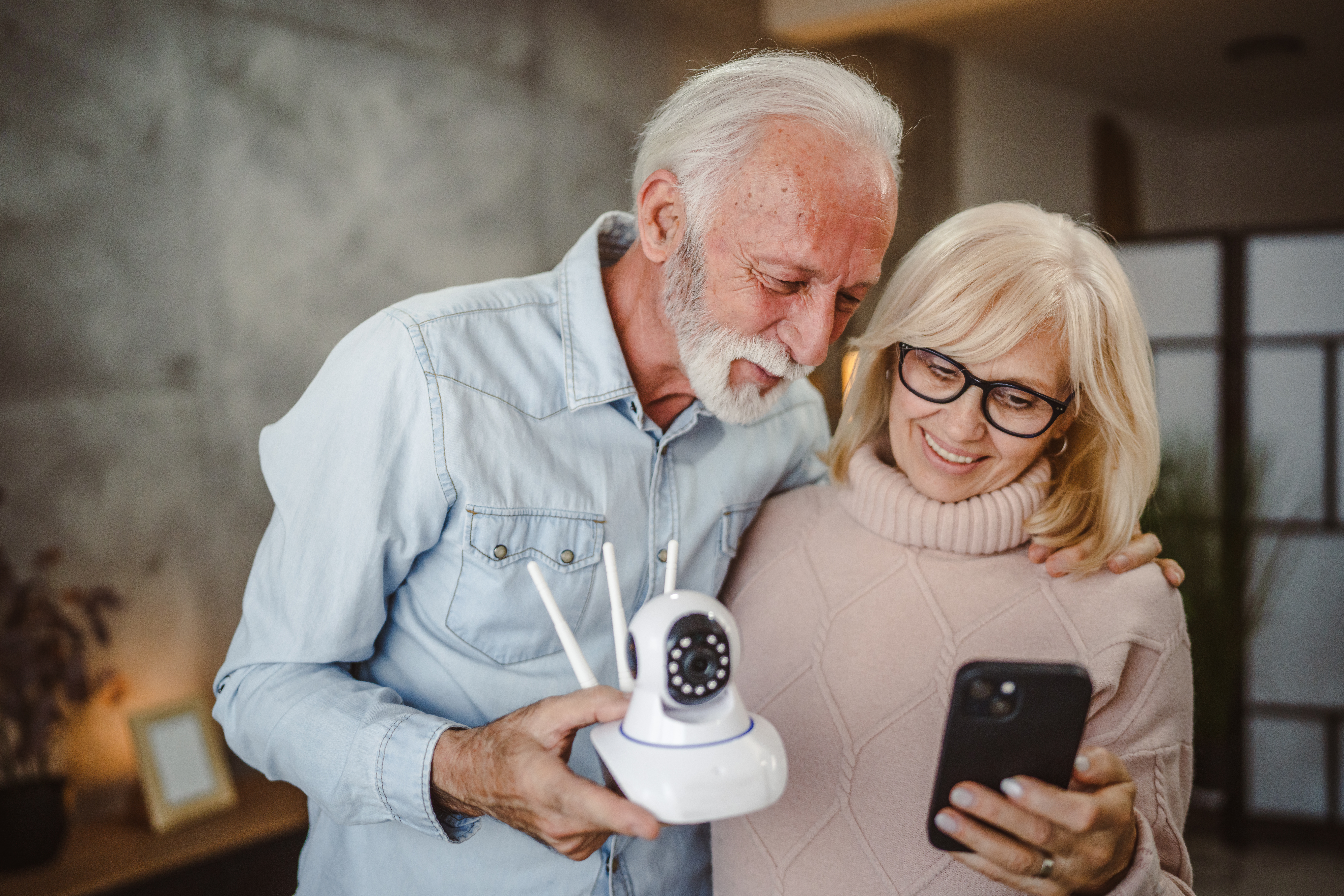How intimacy changes with age

Intimacy does not require traditional intercourse, nor is it solely about reaching orgasm. Intimacy comes in many forms, and experimenting with physical touch to discover new ways of connection can provide numerous health benefits, both physically and mentally.
How intimacy changes with age
There are few things more central to the human experience than intimacy.
Equal parts thrilling and anxiety-producing, intimacy — in its simplest form — is how we connect with one another. It’s the comfort that allows us to be vulnerable in front of another person; it’s the celebration of ourselves in conjunction with others.
If all that weren’t enough, intimacy is remarkably healthy. Research shows that the presence of intimacy in our lives — even things as simple as feeling cared for and caring for others, on the broadest possible scale — positively impacts our physical and mental well-being.
In short: intimacy is basically a spiritual super food.
However, getting older can make maintaining intimacy a little trickier. As our bodies and lifestyles change, so too do the ways we practice intimacy.
As part of series of articles on intimacy, in which we explore all aspects of sexuality later in life, we’ll look at all the different ways that intimacy changes as we age — and learn how to ensure our supply of that sweet, spiritual nectar never runs dry.
More than intercourse
Here’s a not-so-secret secret: intimacy is not all about reaching orgasm.
“The truth is, intimacy is different for everyone,” says Denise Kelly, Founder and former Senior Vice President of Ageility, a national rehab provider for older adults. “It doesn’t have to be sexual.”
If our bodies prevent us from safely engaging in what we conventionally think of as intercourse — whether the reason be erectile dysfunction, vaginal drying, injuries, or other factors — there are plenty of ways to continue expressing physical intimacy.
“I think redefining intimacy as not a specific act is the key,” says Kelly. “It could be massaging or finding pleasure touching various parts of the body — whatever it might be to compensate for things you’re no longer capable of doing.”
One such way to compensate: erogenous zones.
Everyone has erogenous zones — points on our bodies that can be touched by hands or toys to stimulate pleasure — but your mileage may vary on which ones get you going. For example, some people may have a strong, tingly reaction to areas like the wrist and neck; others may receive hotter sensations from their feet or scalp.
Kelly, who’s worked extensively with people with spinal cord injuries, recalls a patient who loved being touched on his ribs.
“He couldn’t have an erection due to his injury, but he was able to maintain an active sex life with intimacy and pleasure,” she says.
The best way to learn about your and your partner’s zones, she says, is to explore. It’s a win-win situation: you’ll learn more about your bodies and you’ll feel great while doing so.
“Take your time. Try things. Pay attention to how your body responds,” she says. “If it works, do it again. If it doesn’t, try something else. That’s how the conversation works.”
Above all, she says, it’s important to remember that just because you can’t perform a specific physical act doesn’t mean you’re not a sexual person.
More ways to explore intimacy
There are plenty of ways to think outside the zones, too.
Cuddling, for example, is a wonderful way to foster a sense of intimacy. So is holding hands or sitting side-by-side with your partner while watching a movie.
“[Non-sexual] touch can strongly transmit a sense of being accepted and cared for,” writes The Family Institute at Northwestern University. “It may be especially important in long-term relationships where sex has come to play a diminished role.”
It’s not all physical, either: talking can be a remarkably intimate activity.
“Loneliness is something we see a lot in older adults,” Kelly says. “Even something like a long, deep conversation can do wonders in filling an intimacy void.”
Ultimately, maintaining intimacy as we age is all about feeling connected — in whatever form that takes. And just because the ways we become intimate may change, the thrill and health benefits of human connection do not.
Everyone could use a little more of that spiritual super food. No matter your age or your physical capabilities, you deserve to be nourished and nurtured.
Find quality care
You deserve care that understands your preferences, values, and goals. Discover quality care near you with the CareScout Quality Network.






